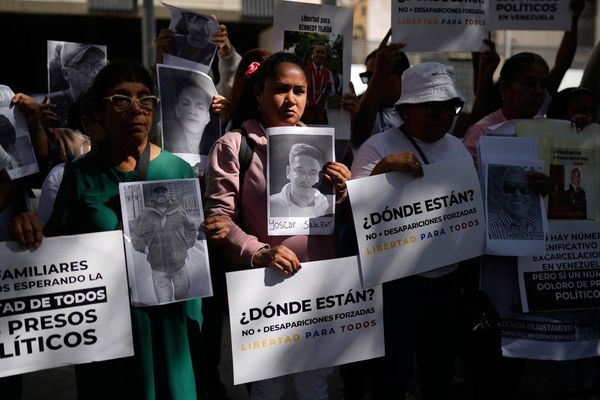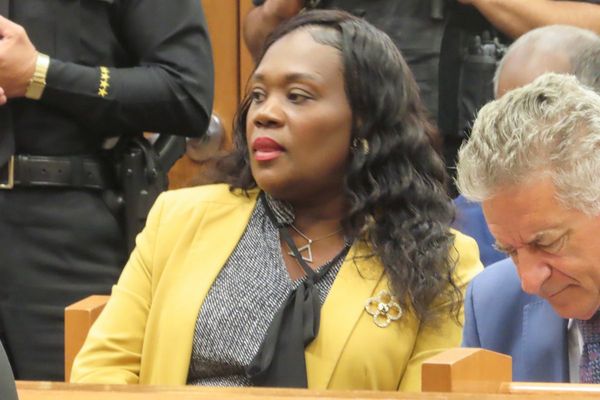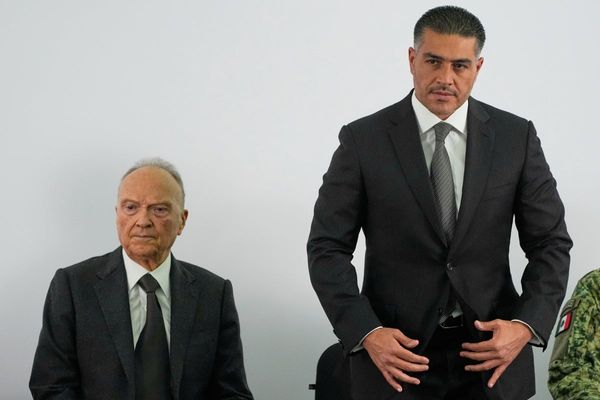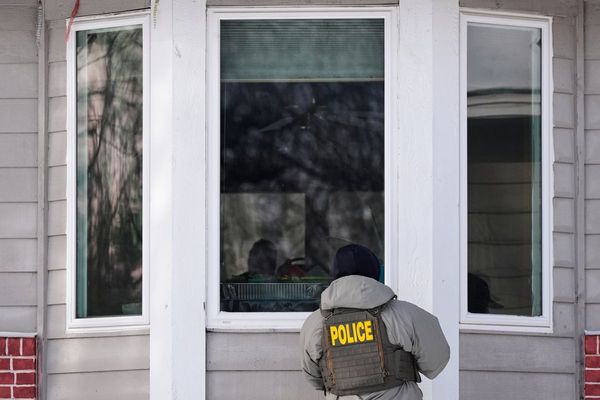In July this year, many parents across Victoria had their prayers answered when the state government pledged to make kindergarten free by 2023.
But for a number of kindergartens and their workers, the announcement triggered alarm bells.
Pamela Nasiakos, the vice president of the committee of management at St Paul's Canterbury, is one of many in the sector nervous about the changes.
Ms Nasiakos, who has three children – one who is in kinder – said she is worried the free kinder policy could have unintended consequences that force skilled staff out of the workforce.
"The free kinder policy actually is going to severely impact several services. It doesn't actually cover the operating costs of a lot of services across Melbourne," she said.
Many kindergarten operators are worried the government rebate won't be able to cover staff wages and they will have to hire staff with fewer qualifications, she said.
There are also concerns the sector won't be able to attract more than 10,000 extra staff it needs to fulfil the government's pledge for free kinder for three and four-year-olds.
"It's a catch-22 position sadly at the moment for many services so you accept the subsidy and you run at a loss or you don't accept the subsidy and you lose enrolments and you're running at a loss," she said.
She said St Paul's would be looking at possibly running a loss of over $100,000 dollars a year under the policy.
"We think the solution's pretty simple. We've been advocating for the government to just allow us to charge a gap fee," she said.
"It's actually a sad time for sessional kindergartens and they're really at risk of having to mould into the cookie cutter shape that the government is trying to pave way for under this free kinder policy."
'Everyone is exhausted'
Heidi Ratje works as a kindergarten teacher at Thornbury but supplements her income by working as a primary school teacher for two days a week.
She said it's not unusual for people in the childcare sector to work a second job outside the industry to make ends meet, and that can be exhausting as well as financially risky.
"There is a huge issue with burnout and every person I've spoken to within education is experiencing a phenomenal level of burnout, especially this year," she said.
"Everyone is exhausted, they're just plodding along trying to keep going each day."
Ms Ratje said pay rates and workloads in the sector were the two main hurdles making it difficult for providers to retain staff, particularly those unable to secure full-time positions.
Added pressure due to changes in the sector, especially during the pandemic, caused many to leave.
Many of Ms Ratje's colleagues have already moved out of the industry.
"For some of the main EBAs we're really fortunate to have pay parity with schools, however, we don't have the luxury of access to full-time work, a lot of our work is part-time by nature, while there might be some higher pay levels it doesn't balance out," she said.
She says wages need to increase to keep people working in the sector.
Low wages have been a widely recognised barrier to attracting new workers to the sector, leading to calls for the state government to change award rates.
The United Workers Union is organising industrial action in the childcare sector on September 7 over concerns about pay and conditions.
Ms Ratje said she supports the move and hopes politicians take note of workers' concerns.
"Hear us out, listen to what our needs are, work on finding solutions to support retaining the teachers within the sector and the educators but also how we're supporting the attraction to the sector," she said.







